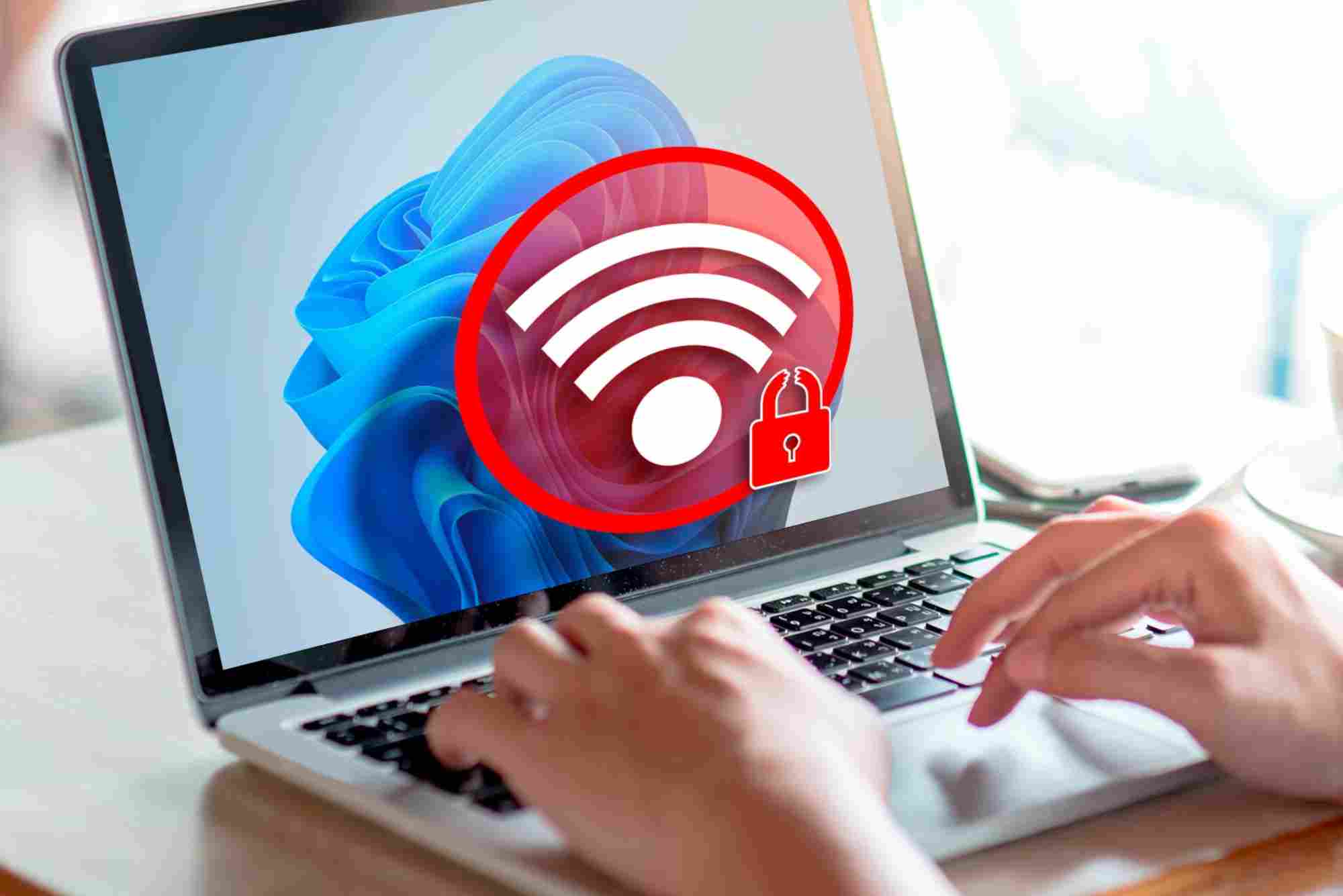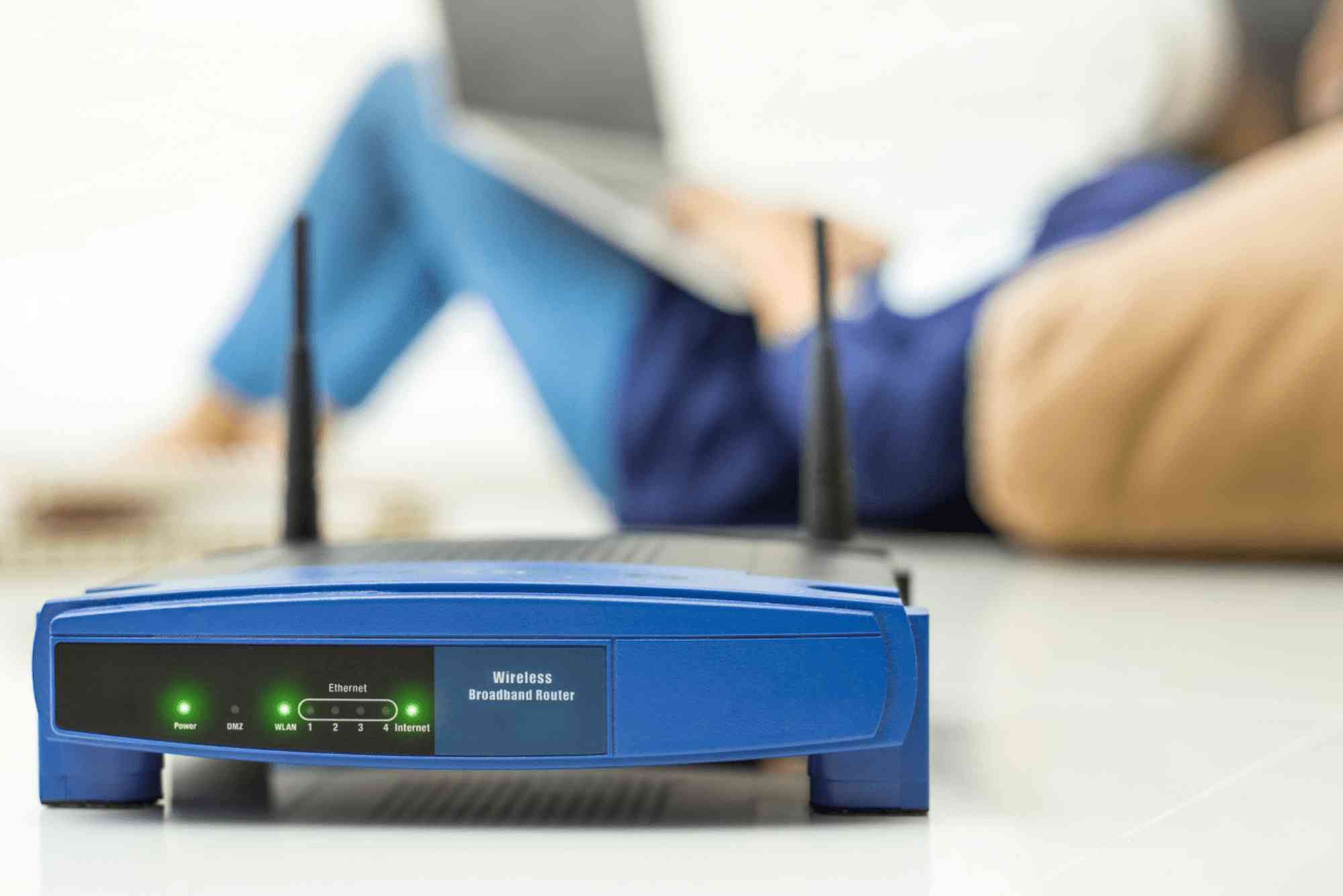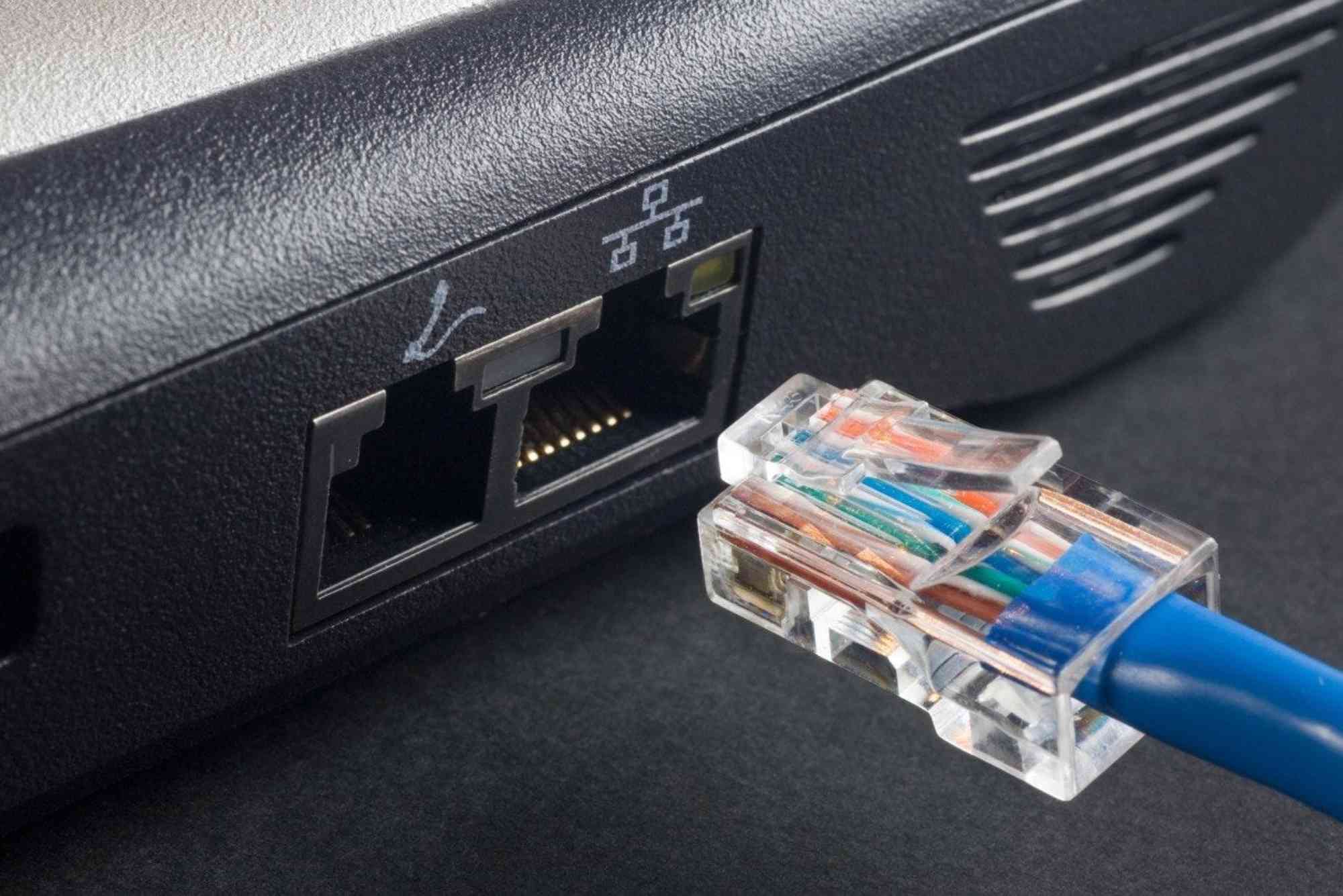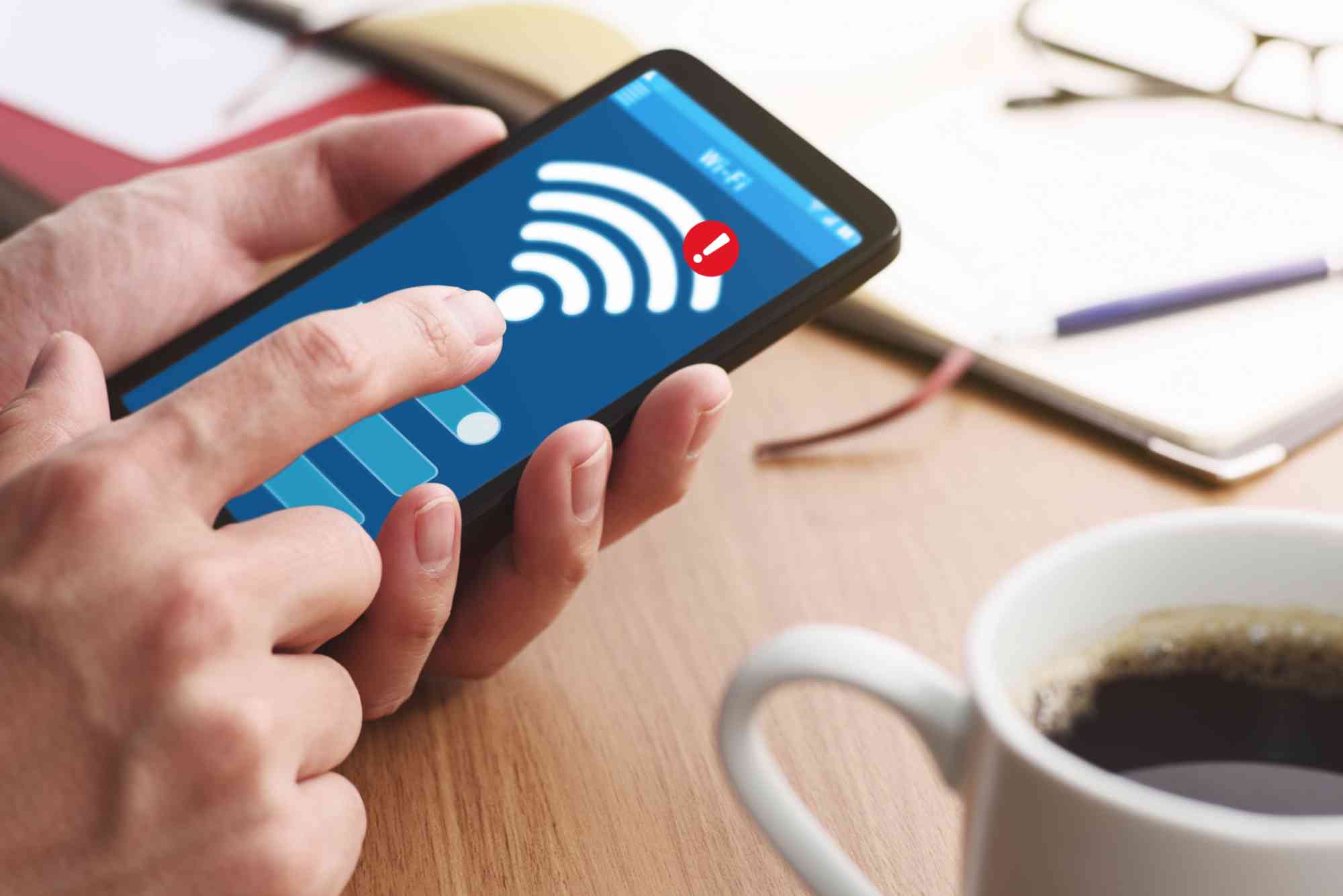Router DHCP Server Explained: What It Does and Why It Matters
When setting up a home or office network, you may come across the term DHCP server in your router’s settings. For many users, this option is left untouched, but understanding its role is essential for better control over your internet experience. In this guide, we’ll cover everything you need to know with router DHCP server explained in detail—what it is, how it works, and why it’s important for both home and business networks.
What Is a DHCP Server in a Router?
To start with router DHCP server explained, DHCP stands for Dynamic Host Configuration Protocol. It is a service that automatically assigns IP addresses and network configurations to devices when they connect to your network.
Every device—your laptop, smartphone, smart TV, or printer—needs a unique IP address to communicate over the network. Without DHCP, you would have to manually assign these addresses, which could quickly become overwhelming. With DHCP, the router does this automatically, ensuring no two devices share the same IP.
Why Do Routers Use DHCP?
Routers act as the central hub of a network, and DHCP simplifies device management. Instead of requiring users to configure settings manually, the router assigns everything automatically. This saves time, reduces human error, and ensures smooth connectivity for all devices.
In simple terms, DHCP ensures that:
-
Devices connect quickly without manual setup.
-
IP conflicts are avoided.
-
Network administrators save time managing connections.
How Does DHCP Work in a Router?
When you connect a device to your network, here’s what happens behind the scenes:
Discovery: The device broadcasts a request for an IP address.
Offer: The router’s DHCP server responds with an available IP address.
Request: The device accepts the offered IP and requests confirmation.
Acknowledgment: The DHCP server confirms and assigns the IP address.
This process happens in seconds, making the connection seamless for the user.
Key Functions of a Router’s DHCP Server
To better understand router DHCP server explained, here are its main functions:
Automatic IP Assignment
Instead of configuring each device manually, DHCP ensures devices receive the right IP automatically.
IP Lease Management
DHCP assigns IP addresses temporarily, known as a “lease.” When the lease expires, the router can reassign it.
Avoiding Conflicts
Without DHCP, two devices could accidentally be assigned the same IP. DHCP prevents this by tracking assignments.
Providing Additional Network Details
Besides IP addresses, DHCP also supplies devices with default gateway and DNS server details, allowing smooth access to the internet.
Benefits of Using Router DHCP Server
Understanding router DHCP server explained highlights many benefits for everyday users and network administrators.
-
Convenience: No need to manually assign IPs.
-
Scalability: Works smoothly as more devices join the network.
-
Efficiency: Faster connection process compared to manual configuration.
-
Flexibility: Supports both static and dynamic IP setups.
-
Error Reduction: Minimizes chances of IP misconfiguration.
Static vs Dynamic IP: Why DHCP Matters
It’s important to note the difference between static IPs and dynamic IPs:
-
Static IPs: Manually set and remain constant. Ideal for servers, printers, or devices needing consistent addresses.
-
Dynamic IPs: Assigned automatically by DHCP and may change over time. Perfect for everyday devices like laptops or smartphones.
Most users benefit from dynamic IPs for convenience, while static IPs are used only when necessary. The router’s DHCP server allows you to configure both easily.
DHCP in Home Networks
In homes, DHCP ensures that devices like phones, tablets, and smart appliances connect instantly without technical knowledge. Most users never notice DHCP working, yet it is what keeps the internet experience simple and reliable.
For instance, when your friend visits and connects to Wi-Fi, the router’s DHCP server automatically assigns an IP address. No manual setup, no conflict, just smooth connectivity.
DHCP in Business Networks
For businesses, DHCP is even more crucial. With dozens—or even hundreds—of devices, manual configuration is not practical. DHCP provides:
-
Centralized control for IT admins.
-
Flexibility as devices are added or removed.
-
Security, by keeping track of connected devices.
-
Reduced downtime caused by network misconfigurations.
Companies that rely on seamless internet access, like Dhanote Internet Services, benefit greatly from DHCP because it ensures reliability and efficiency for clients and staff alike.
Common Issues with DHCP and How to Fix Them
Even though DHCP is designed to make networking easier, problems can occur. Here are a few common issues:
IP Conflicts
Sometimes devices may still end up with duplicate IPs. Restarting the router usually fixes this.
Lease Expiration Problems
If the DHCP lease duration is too short, devices may disconnect frequently. Adjusting lease time in router settings solves this.
DHCP Not Enabled
Some users mistakenly disable DHCP in router settings. Re-enabling it restores automatic IP assignment.
Router Overload
In busy networks, the router may struggle to handle many devices. Upgrading to a more powerful router helps.
How to Configure Router DHCP Server
Configuring DHCP is straightforward. Here’s a general guide:
Log in to your router’s admin panel (usually via browser).
Navigate to Network Settings or LAN Settings.
Enable DHCP Server.
Set a starting IP and ending IP range.
Configure lease duration (how long an IP is assigned).
Save and restart your router.
Each router may have slightly different menus, but the process is similar across brands.
Security Considerations of DHCP
While DHCP is convenient, it’s important to consider security:
-
Rogue DHCP Servers: Unauthorized devices can act as DHCP servers, causing network disruptions.
-
Limited Control: Dynamic IPs make it harder to track specific devices over time.
-
Static IPs for Critical Devices: Use static IPs for important systems to maintain stability and security.
Enabling MAC address filtering, strong Wi-Fi passwords, and keeping your router firmware updated helps reduce risks.
Advanced DHCP Features in Modern Routers
Newer routers offer advanced DHCP options:
-
DHCP Reservation: Lets you assign specific IPs to chosen devices while still using DHCP.
-
Dual DHCP: For managing large networks with multiple subnets.
-
Custom DNS: Set preferred DNS servers for faster browsing or content filtering.
These features give you more control while maintaining the convenience of DHCP automation.
Why Router DHCP Server Matters
With router DHCP server explained, it’s clear why this feature is essential. DHCP ensures devices connect effortlessly, reduces errors, and saves time for both home users and businesses. It offers flexibility, scalability, and convenience while requiring minimal management.
If you’re setting up a new network or troubleshooting your existing one, understanding how DHCP works puts you in control. And if you need reliable internet solutions, providers like Dhanote Internet Services ensure that your network runs efficiently with the right configurations.
FAQs
Should I enable or disable DHCP on my router?
For most users, DHCP should remain enabled. It simplifies networking and avoids manual configuration errors.
Can two DHCP servers be on the same network?
Yes, but it can cause conflicts. Unless specifically configured for redundancy, it’s best to use only one.
How do I know if DHCP is working?
Check if your devices receive an IP address automatically. If not, DHCP may be disabled or misconfigured.
Is DHCP the same as DNS?
No. DHCP assigns IP addresses, while DNS translates domain names (like google.com) into IP addresses.
What is the default DHCP range on most routers?
Many routers default to assigning addresses between 192.168.0.2 and 192.168.0.254, though this can be customized.







